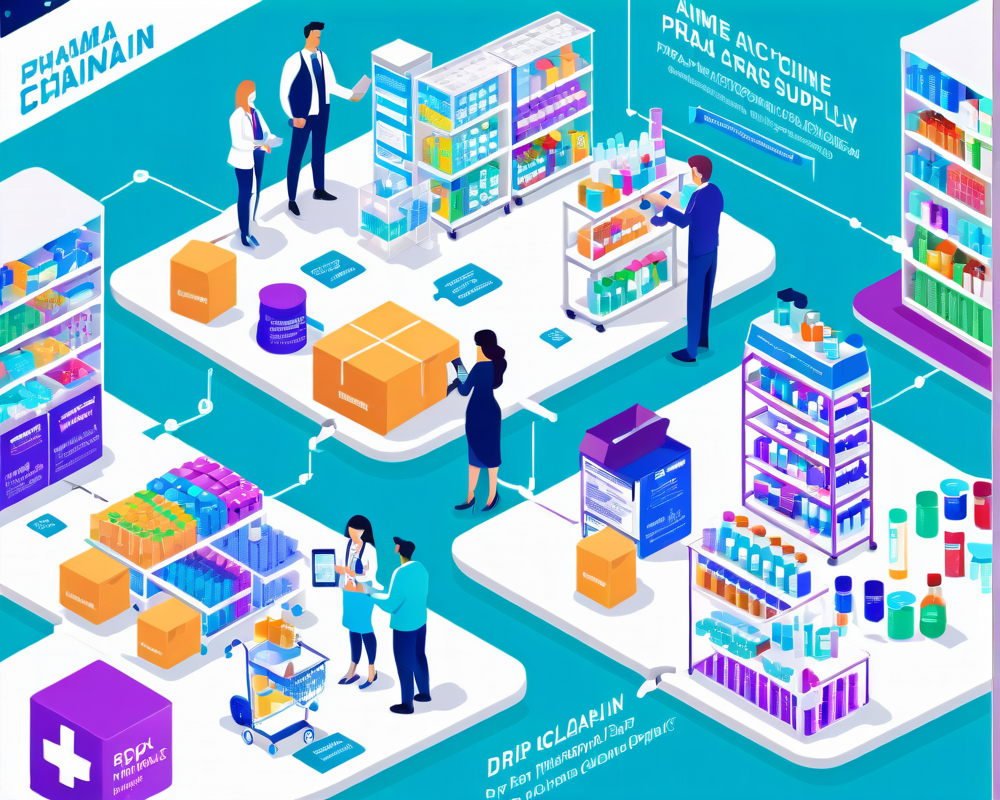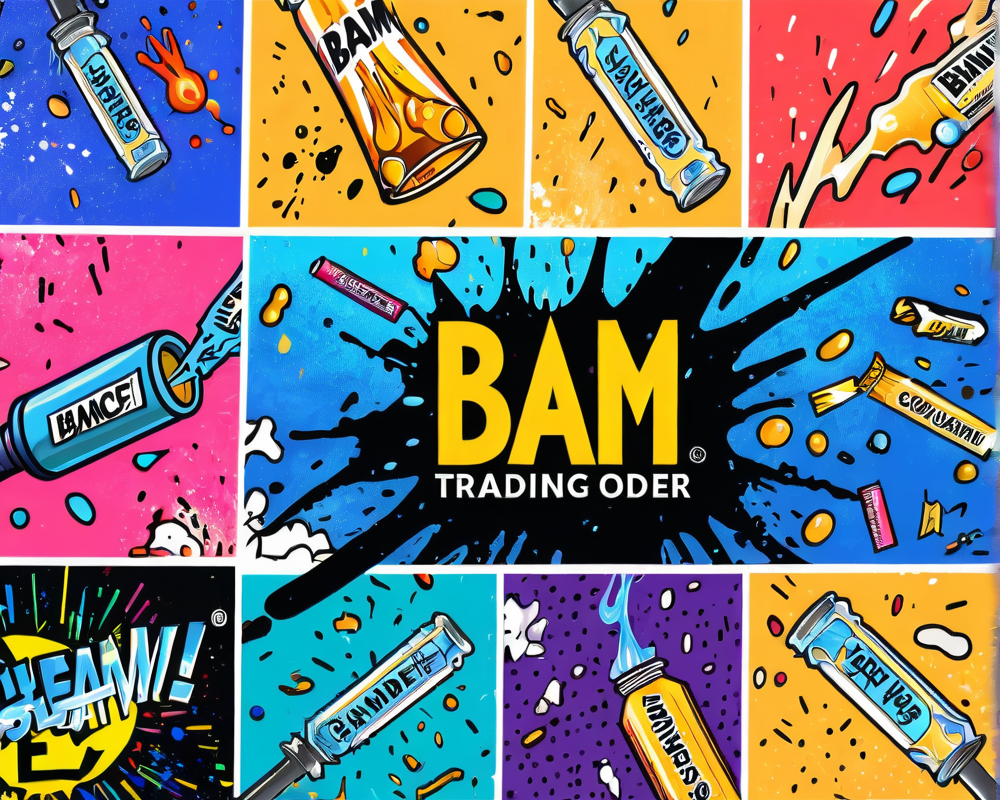The Case for Blockchain in Pharmaceuticals
Imagine a world where tracking prescription drugs is as precise as a GPS signal guiding you to your taco truck on a Friday night. Well, buckle up because a group of high-caliber pharmaceutical giants is giving us just that! In early 2019, the FDA laid the groundwork by inviting proposals to assist them in meeting the 2023 Drug Supply Chain Security Act (DSCSA) requirements. A pilot project emerged — the MediLedger Project — that promises to fundamentally alter how we manage pharmaceutical integrity. Over 25 leading companies, including household names like Pfizer and Walgreens, have joined forces to explore blockchain’s potential in supply chain transparency.
The Stakes Are High
So why is all this blockchain talk important? According to the recent report from our ensemble of industry fontlines, the absence of a centralized data sharing system in the U.S. is like trying to make a cake without the flour. They argue that without adopting blockchain, the U.S. pharmaceutical supply chain could lag behind its international counterparts. And let’s face it — nobody wants to find themselves scrambling to locate and quarantine possibly harmful products during an urgent health crisis. This isn’t just a matter of efficiency; we’re talking about patient lives here!
Privacy, Please!
Now, I can hear your thoughts — doesn’t all of this technology sound ripe for data breaches and privacy nightmares? No worries! The MediLedger report brings in zero-knowledge proof technology, which sounds fancy because it is. This ensures that while we get to revel in blockchain’s transparency, confidential business information remains under wraps. Think of it like a magician’s trick: it’s all about what you don’t see!
Getting All Aboard
But let’s not get ahead of ourselves; while the pilot was an exciting milestone, it’s clear that implementing this blockchain solution is a complex endeavor. As any good project manager would tell you — it’s going to require buy-in from every stakeholder involved in the pharmaceutical supply chain. The long-term success hinges on collective participation. It’s like getting friends to agree on a movie; if they’re not all on board, you end up watching a rom-com nobody wanted!
Voices from the Field
As the pilot ran its course, significant voices from industry players weighed in. David Vershure from Genentech pointed out that our current data-sharing methods might as well be ancient relics compared to what blockchain can offer. According to him, we need better synchronization across the supply chain to reduce the risks associated with counterfeit and illegitimate products. Meanwhile, Mack MacKenzie from Pfizer couldn’t contain his excitement, likening the project’s results to an enchanting glimpse into what a seamless interoperable system could mean for the healthcare sector and its patients.
Conclusion: A Digital Dawn in Pharma
With the landscape of pharmaceuticals potentially shifting towards blockchain, it seems the future may finally be here — and it comes adorned with a sprinkle of digital magic. From better tracking of prescriptions to enhanced safety and efficiency, if all goes well, the United States could be on track to not just meet compliance with the DSCSA but to set new standards in safety and reliability. Now, let’s keep our fingers crossed — and maybe our taco cravings in check!




